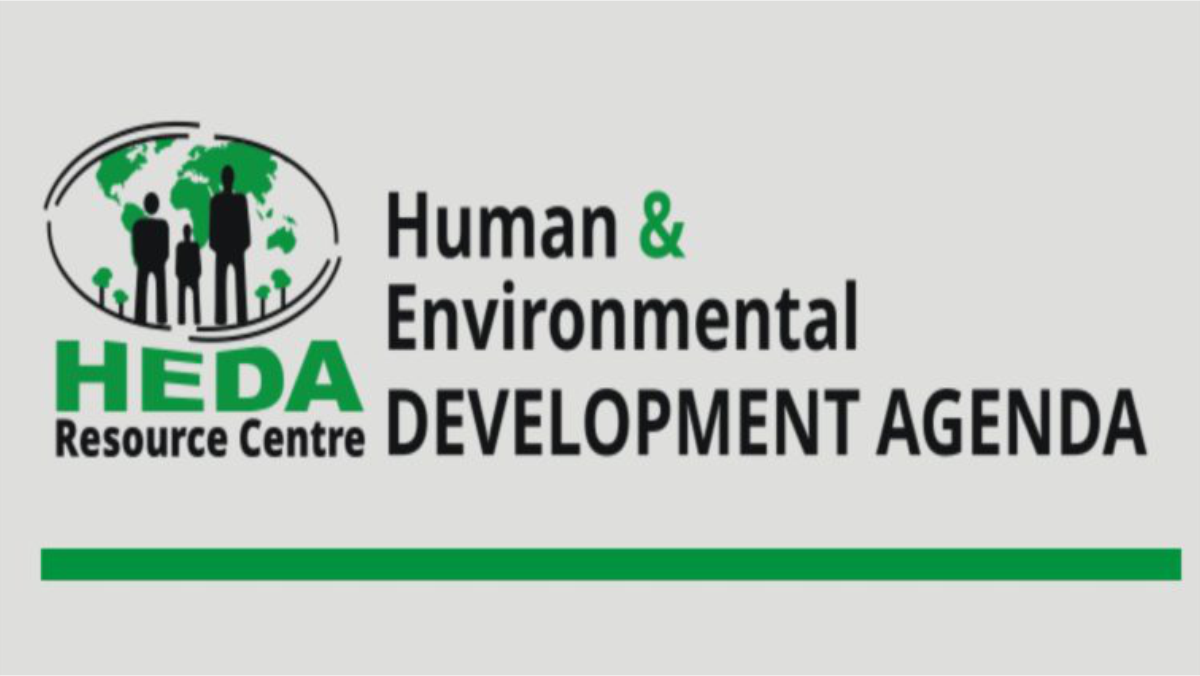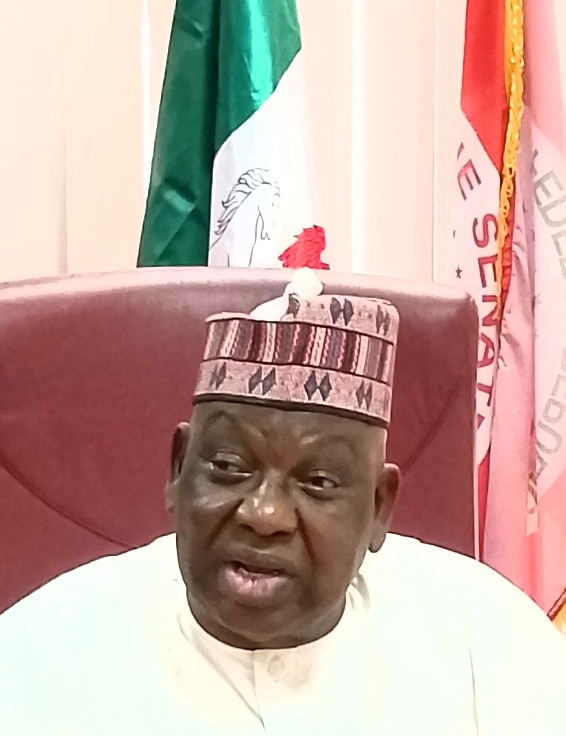Report: HEDA Demands Urgent Reform, Integrity, Public Trust in Nigeria’s Judiciary

A scathing new report by the Human and Environmental Development Agenda (HEDA Resource Centre) has sounded the alarm on Nigeria’s faltering judicial system, calling for sweeping reforms anchored in fairness, integrity, and democratic accountability.
Unveiled Tuesday in Lagos, the Leadership Approval Rating (LAR) Volume Five—titled “Voices for Justice: A Civic Lens on Nigeria’s Judicial System Documenting Public Experiences, Opinions & Reform Demands”—presents a sobering portrait of public disillusionment with the courts.
At the launch, HEDA’s Executive Secretary, Mr. Sulaimon Arigbabu, described the report as a crucial intervention in Nigeria’s ongoing struggle to strengthen the institutions that sustain its democracy.
“This edition focuses on one of the most vital pillars of any democratic society: the judiciary,” Arigbabu said. “As the final arbiter of justice, the judiciary is not just a guardian of constitutional rights—it is the foundation upon which any legitimate governance rests.”
But that foundation, he warned, is cracking under the weight of corruption, inefficiency, and political interference. “Public confidence is collapsing. What we face is not just a legal concern, but a democratic emergency,” he said.
Based on the voices of 1,357 Nigerians from all 36 states and the Federal Capital Territory, the report captures real-life frustrations from citizens who turn to the courts seeking redress but often find disappointment instead.
“This is not abstract,” Arigbabu stressed. “It is the lived experience of millions who look to the judiciary for justice, only to be met with delays, bias, or outright injustice.”
The findings, he said, are not just a critique—they’re a wake-up call. “When public trust in the judiciary erodes, the legitimacy of our entire democratic system is put at risk.”
According to Arigbabu, the LAR is more than just data. “It is a mirror held up to power. It reflects the hopes and heartbreaks of ordinary Nigerians—and it demands urgent change.”
The report outlines sweeping recommendations:
Full judicial autonomy free from executive interference
Reform of the National Judicial Council to boost effectiveness
Digital transparency tools to fight opacity in court processes
Professional ethics and accountability for legal practitioners
“These are not optional reforms,” Arigbabu said. “They are imperatives for restoring justice and dignity to our legal system.”
He acknowledged that the road to reform will be long and hard. “But it must be traveled—with political will, civic engagement, and the courage to confront entrenched interests.”
As the country grapples with democratic challenges, HEDA’s message is clear: the judiciary must earn back the people’s trust. “Its strength lies not just in law books, but in public confidence,” Arigbabu concluded. “Let this report be a catalyst—for reflection, for resolve, and for real reform.”





